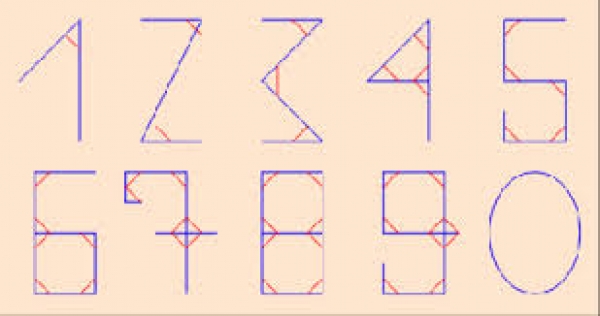Arabic or Hindu-Arabic Numerals?
Fact:
This system was indeed transmitted to Europe through the Arabs, but they were not the original creators of this system. The numeral system we use today was developed by Indian mathematicians and was passed on to the Persians and Arabs through their own mathematicians who had been studying in India. The numbers later moved into Europe through the work of the Arab mathematician Mohammed Ibn-Musa al-Khowarizmi who wrote a book explaining the Hindu system when he was teaching in Baghdad around the mid-9th century.
Al-Khowarizmi’s famous book On Calculation with Hindu Numerals is credited with spreading the system of numbers across the Arab world and Europe. European merchants traveling in the east brought the book to Europe where people had been used to use Roman numerals and translated the book into Latin. In 1202, Leonardo of Pisa wrote a book in which he explained the Hindu system of numbers – which he learned himself through traveling across the Mediterranean-, the use of the zero and a number of algorithms, all named after al-Khowarizmi. He believed that the Indian numbers were easier to use than the Roman ones, and after studying the system abroad, he returned to popularize it in Europe.
For Europeans, since the Latin text was translated from the Arabic, this lead to the belief that the Arabs had created the system of numbers, and thus they became known as Arabic numbers. In the Arab world, they were rightfully referred to as Indian numbers. After their introduction, they became popular in Europe for arithmetic equations. Through colonization, many parts of the world also adopted this system. In parallel to the modern system, Roman numerals continued to be used but were limited to a smaller number of applications, and they continue to be thus employed today. The numbers as we know them today, 0123456789, are even generally thought to be European digits. The numbers used in the Arabic language today are the true Arabic ones, while the ones used in English and other languages are Indian.








Leave A Comment